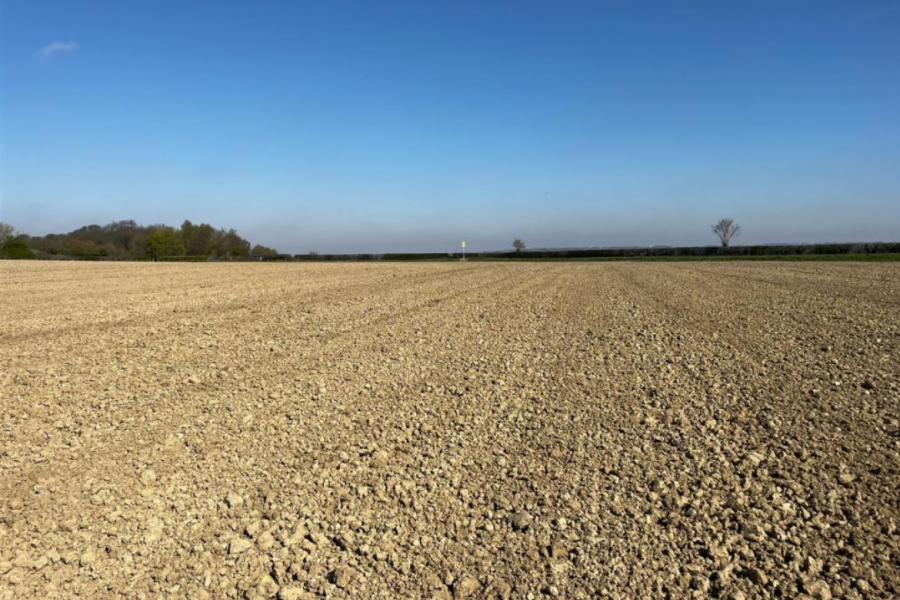
Sarah Hogg, Partner at StephensonsRural, looks at what the 2025 Spending Review means for farm funding and outlines how farmers can still access support despite changes to BPS and SFI.
The UK Government’s 2025 Spending Review has confirmed major changes to farm funding from 2026 onwards, so it’s important that farmers and landowners understand what’s coming and how to respond.
The Spending Review sets out departmental budgets for the next three years. For agriculture, the Department for Environment, Food & Rural Affairs (Defra) has secured more than £2.7 billion per year to support sustainable farming, environmental land management and nature recovery between 2026/27 and 2028/29.
However, this renewed investment comes alongside the phasing out of delinked Basic Payment Scheme (BPS) support, with reductions of 98 to 100% planned by 2027, and the sudden closure of the Sustainable Farming Incentive (SFI) earlier this year. These changes are forcing farm businesses to rethink how they access support.
Despite this, funding opportunities remain and there are reasons to be cautiously optimistic. For farms willing to adapt, there is potential to secure meaningful investment.
On a visit to a mixed farm this week, we reviewed available funding and developed a plan to move forward with the following:
- Higher Tier Woodland Schemes - these offer a base payment of £118 per acre for five years, along with capital grants that can cover up to 100% of actual costs for certain items.
- FEFT 2025 (Farming Equipment and Technology Fund) - linked to the woodland management, we’ll be applying for grant funding for a ‘bracken roller’ and ‘tree shears’
- Private funding for arable management - we are investigating the possibility of private funding to manage arable land through ‘no till’ options
- Capital Grant Scheme (reopening summer 2025) - for the livestock side of the business, we are preparing applications for new fencing, water troughs and farm tracks, ready for when the scheme reopens.
What the farm funding changes means for your business
Farm funding is no longer as simple as submitting a BPS claim once a year. The landscape is becoming more competitive, more targeted and more strategic.
That said, there are still opportunities worth considering. Environmental Land Management (ELM) schemes, capital grants and some emerging private sector initiatives remain available, particularly for farms already focused on sustainable production, nature recovery and long-term resilience.
With careful planning and the right advice, it’s still possible to access funding that supports meaningful on-farm improvements.
If you’d like help identifying the right grants or schemes for your farm, or want support with planning an application strategy, get in touch with me, Sarah Hogg, or the team at StephensonsRural.